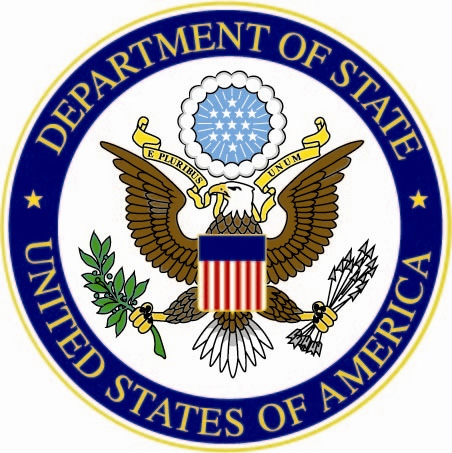TechGirls equips young innovators and the next generation of STEM professionals with the technical skills needed to thrive in the 21st-century workforce. This international exchange supports young women (ages 15-17) from the United States and select countries around the world to pursue higher education and careers in science, technology, engineering, and math (STEM) fields.
Since 2012, TechGirls has trained and mentored 901 teenage girls. Between 2012 and 2018 TechGirls prepared future scientists, engineers and tech leaders from the Middle East and North Africa. They are now creating jobs and excelling in their careers.
In 2019, the program expanded to include young women from Central Asia. In 2022, the program underwent a global expansion, shaping the lives of young innovators in all six world regions (Western Hemisphere, Sub-Saharan Africa, Europe and Eurasia, East Asia Pacific, Middle East and North Africa, and South and Central Asia).
TechGirls: By the Numbers
Building STEM Skills
98% of program participants were more interested or as interested in STEM education after the program. 89% of alumnae reported a significant or moderate change in their awareness of opportunities in STEM fields.
Leadership Development
Participants learned and applied valuable soft skills: leadership (85%), intercultural communication (83%), and networking (74%).
Boosting Educational Opportunities
The program helped alumnae decide on a university major and increased participants’ confidence to pursue a career in STEM. 78% of alumnae have pursued further studies in STEM fields and 79% of working alumnae work in STEM fields.
Building a Global Network
96% of the US and international alumnae stay in touch through social media.
U.S. Department of State’s Bureau of Educational and Cultural Affairs (ECA)
TechGirls is an initiative of the opens in a new windowU.S. Department of State’s Bureau of Educational and Cultural Affairs. The Bureau of Educational and Cultural Affairs' (ECA) programs increase mutual understanding between the people of the United States and the people of other countries by means of educational, professional, and cultural exchanges, supporting the development and sustainment of peaceful relations. Exchange programs strengthen the national security of the United States through improved foreign relations, support U.S. international leadership, and provide a broad range of domestic benefits by helping break down barriers that often divide us and by investing in American communities and organizations.
As mandated by the Mutual Educational and Cultural Exchange Act of 1961, the U.S. Department of State’s Bureau of Educational and Cultural Affairs (ECA) works to build friendly, peaceful relations between the people of the United States and the people of other countries through academic, cultural, sports, and professional exchanges, as well as public-private partnerships.
This exchange of expertise, culture, language, and sport results in better outcomes for American communities and for foreign exchange participants in their communities abroad. For example, exchange programs increase skillsets in sectors like technology, facilitate international collaboration with like-minded partners on cybersecurity, and represent a significant investment in American individuals and communities. ECA exchanges cultivate lasting international relationships, helping secure our nation today and building foundations of peace and prosperity for tomorrow.
Building a stronger, safer, and more prosperous America and world starts with individuals. ECA exchanges cross numerous sectors and industries important to American culture and values and engage rising leaders in the United States and around the globe, from high school students to doctoral researchers, professional artists and athletes, and beyond.


